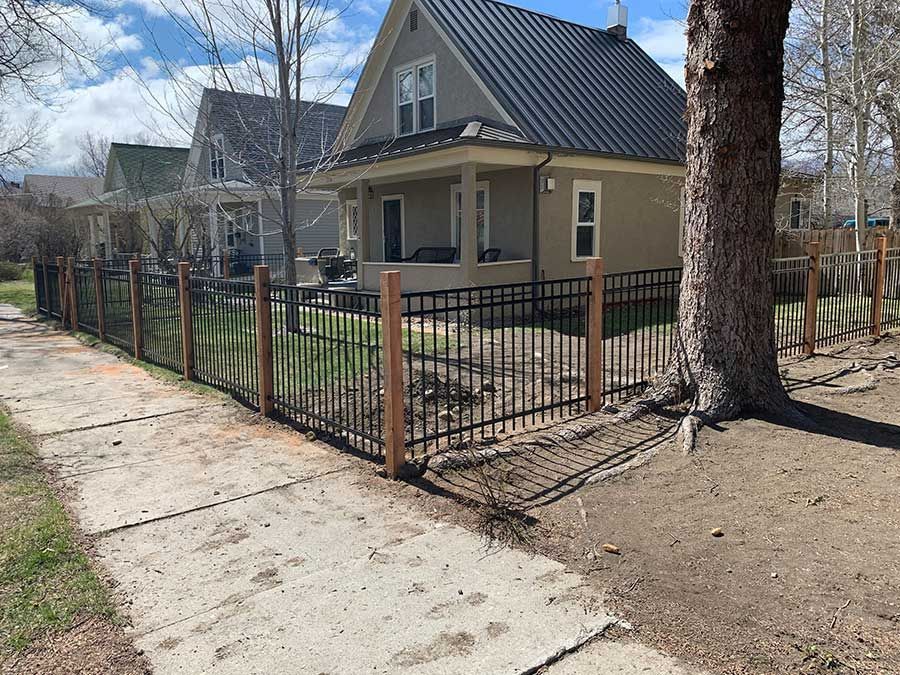Choosing the right fencing for your property can be challenging. Let’s break down the differences between continuous panel fencing and traditional options to help you decide.
Materials and Cost Comparison
The materials you choose for your fence significantly affect its price and performance:
- Continuous Panel Fencing: Made with durable welded steel, continuous panel fencing offers excellent longevity. The initial price might be higher, but the minimal maintenance costs make it a wise long-term investment.
- Traditional Fencing: Includes options like wood, barbed wire, or vinyl. While often less expensive upfront, these materials may require frequent repairs or replacements, increasing long-term costs.
Maintenance and Durability Factors
Considering long-term durability and maintenance, here's how the two types of fencing measure up:
- Continuous Panel Fencing: Engineered for strength, continuous panel fencing is highly resistant to damage from animals and weather. Maintenance is easy and usually just involves cleaning and occasional rust prevention.
- Traditional Fencing: Traditional fences, particularly wooden ones, can deteriorate from weather exposure. Barbed wire and vinyl options are also vulnerable to wear. Ongoing maintenance is often needed.

Visual Appeal of Fencing Types
The visual impact of your fence contributes to your property’s overall charm:
- Continuous Panel Fencing: With its clean and modern appearance, continuous panel fencing is suitable for both residential and farm settings, and can be tailored with different finishes and accessories.
- Traditional Fencing: Wood and vinyl fences offer a classic, rustic charm, while barbed wire focuses more on practicality than aesthetics.
Best Applications for Each Fencing Type
The purpose of your fence will dictate which type is most suitable:
- Continuous Panel Fencing: Best suited for containing livestock, marking property lines, and high-traffic areas where durability is a must.
- Traditional Fencing: Works well for smaller enclosures, decorative purposes, or areas with limited budget constraints.
Final Thoughts: Which Fence is Best for You?
When choosing between continuous panel fencing and traditional fencing, consider your priorities:
- For long-term durability and low maintenance, continuous panel fencing stands out as the best option for durability and minimal upkeep.
- For a more budget-friendly or decorative option, traditional fencing could be the more cost-effective and decorative solution.
Assess your needs, budget, and aesthetic preferences to make the best decision for your property.